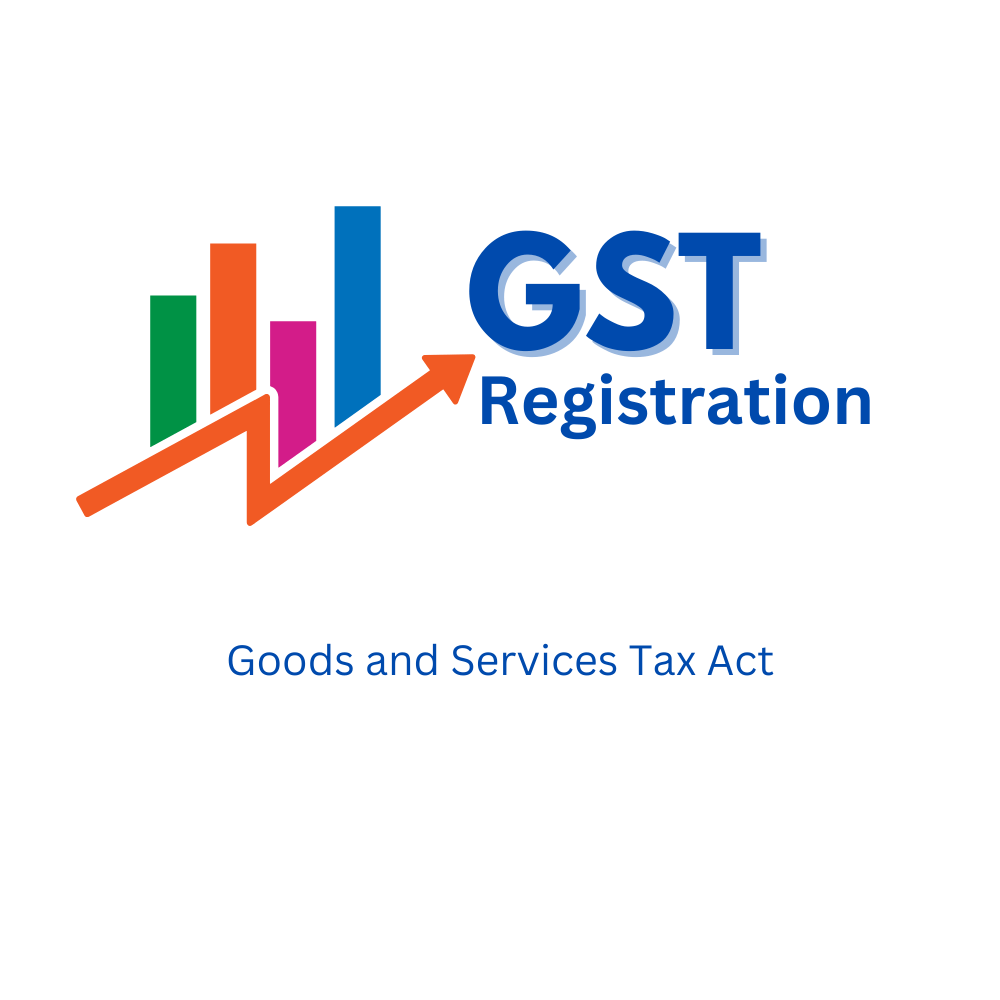From Start to Finish: The Ultimate Roadmap to GST Registration for Businesses Looking For Financial Security
Browsing the intricacies of Goods and Solutions Tax (GST) enrollment is a crucial action for companies pursuing economic security. From understanding the fundamental principles of GST to abiding with post-registration standards, the procedure can seem intimidating initially glance. Breaking down the roadmap into convenient steps can simplify the enrollment trip for organizations looking to improve their economic standing. Allow's check out the important components that compose this best roadmap and uncover how each stage contributes to laying a strong foundation for economic success.
Understanding GST Basics
Delving into the basic principles of Product and Provider Tax Obligation (GST) is necessary for gaining a detailed understanding of its effects on companies and the economic climate. Input Tax Obligation Debt (ITC) is a significant function of GST, enabling organizations to claim credit history for tax obligations paid on inputs, lowering the total tax concern. Comprehending the essentials of GST is vital for services to abide with tax obligation laws, manage their finances efficiently, and contribute to the nation's financial development by getting involved in a clear tax system.
Eligibility Requirements for Registration
As of the present policies, the threshold restriction for GST registration is an annual accumulation turnover of 40 lakhs for services operating within a state, other than for special category states where the restriction is 20 lakhs. In addition, certain services are required to sign up for GST irrespective of their turn over, such as interstate providers, casual taxable individuals, and businesses responsible to pay tax under the reverse charge device. It is critical for services to completely examine their turn over and transaction types to establish their GST enrollment commitments properly.
Papers Needed for Enrollment
Having satisfied the qualification criteria for GST enrollment, businesses need to currently ensure they have the requisite documents in place to proceed with the registration process effectively. The papers needed for GST enrollment usually include evidence of organization constitution, such as collaboration deed, enrollment certification, or unification certificate for various kinds of companies. In addition, services need to supply documents developing the major location of organization, such as a rental arrangement or power expense.
Step-by-Step Enrollment Refine
Commencing the GST registration procedure involves a series of organized actions to ensure a seamless and certified registration for organizations. The primary step is to check out the GST portal and fill in the enrollment kind with accurate details of business her comment is here entity. Following this, the applicant gets a Short-lived Reference Number (TRN) which is utilized to return to the application process if it's not completed in one go.
Next, all called for records as per the checklist supplied by the GST portal demand to be uploaded. These files commonly include proof of company identity, address and enrollment proofs of marketers, financial declarations, and company entity's frying pan card.

Post-Registration Conformity Standards

Final Thought
In final thought, companies seeking financial security has to recognize the fundamentals of GST, satisfy eligibility criteria, gather necessary records, adhere to the step-by-step registration process, and comply with post-registration standards - Best GST registration services in Singapore. By sticking to these steps, businesses can make certain conformity with tax regulations and keep monetary stability over time
In addition, specific companies are required to sign up for GST irrespective of their turnover, such as interstate suppliers, informal taxable persons, and businesses responsible to pay tax under the reverse charge mechanism.Having actually met the qualification requirements for GST enrollment, services must now guarantee they have the requisite documents in area to proceed with the enrollment process effectively. The documents needed for GST registration typically include evidence of company constitution, such as partnership action, enrollment certificate, or unification certificate for various types of companies. In addition, companies require to provide papers establishing the primary area of business, such as a rental contract or electricity expense.Starting the GST registration process involves a series of organized steps to make sure a seamless and certified registration for organizations.